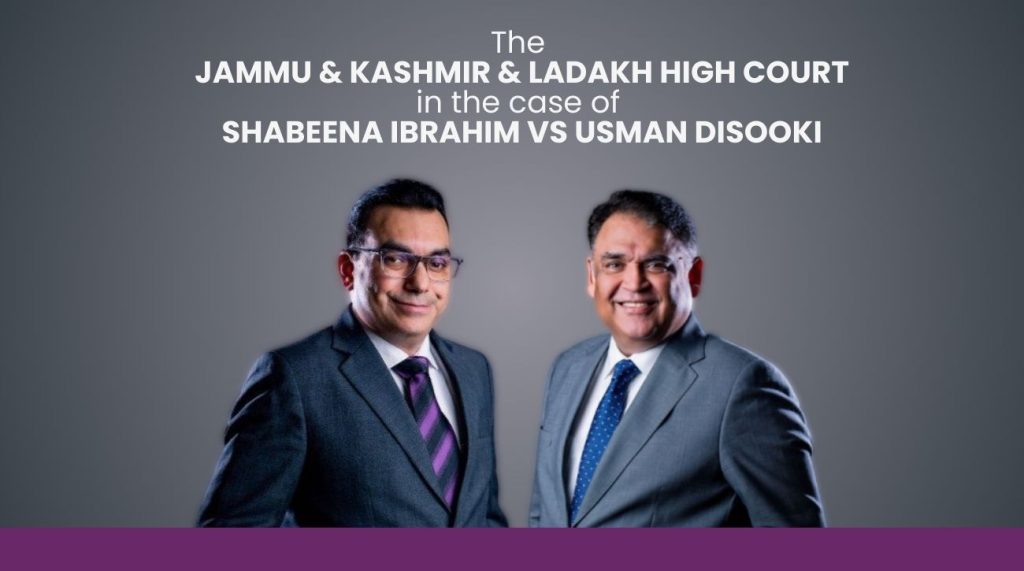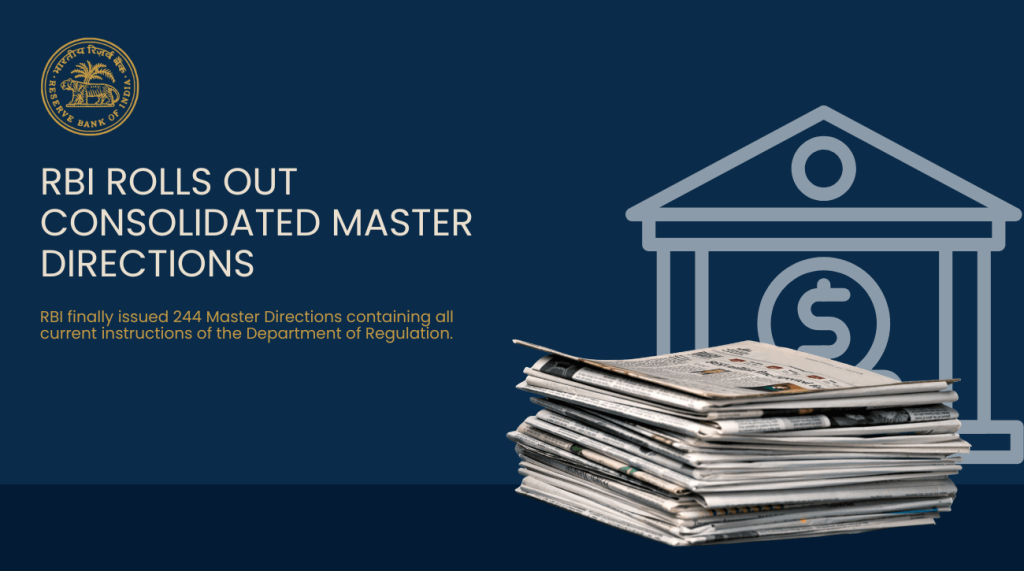The recent circular of Reserve Bank of India (‘RBI’) dated August 6, 2020 (‘Circular’) introducing new guidelines on opening of current account for customers availing CC/OD facilities from banking system has created much hue and cry amongst the private banks as well as the foreign banks. The circular aims to discipline current account usage to monitor cash flows efficiently and control siphoning of funds by regulating an already over-regulated sector.
Unscrupulous borrowers adopt several means to siphon off funds. Other than opening a current account outside the consortium, most commonly adopted methods have been to divert the money to their subsidiaries or suppliers by way of over-invoicing. There have been several instances wherein rich promoters of poor firms, wilful defaulters and seasoned players have used and misused the Indian banking system. In good times, they have inflated project costs and awarded contracts to related parties, draining profits away from the company. In bad times, such acts of promoters have left the creditors with hardly any value to extract from failed businesses.
The need for obtaining a No-Objection Certificate (“NOC”) from the lending bank(s) while opening current accounts has been maintained by RBI since January 25, 2000. RBI reiterated its position vide its circulars dated August 4, 2004, May 15, 2004 and July 2, 2015 issued to all scheduled commercial banks stating again that banks were allowed to open current accounts of customers which enjoy credit facilities (fund based or non-fund based) from the banking system only after obtaining the NOC from the lending banks with a minimum waiting period of a fortnight. Any non-adherence could be perceived to be abetting siphoning of funds and such violations would make the concerned banks liable for penalty under the Banking Regulation Act, 1949.
RBI has observed that despite prevailing guidelines and penal provisions, borrowers have been diverting and siphoning funds by opening multiple current accounts with different banks. One recent reported matter being the Bhushan Steel Limited (BSL) case wherein the Serious Fraud Investigation Office (“SFIO”) in the charge sheet explained the misuse of LCs by the BSL by opening the same with any of the consortium lenders to avail of non-fund based limits against proforma invoices, purportedly for the supply of goods by their customers. Infact on the basis of the recommendation stated in the charge sheet filed by SFIO, action were initiated not only against the auditors for fraud but also against certain bankers of SBI and UCO Bank for failing to raise red flags at the time of discounting the LCs by not adhering to the guidelines issued by RBI thereby causing loss of public funds, which were diverted by BSL, Hence, in order to restrict siphoning of funds by promoters which lead to increased NPAs widely reported in the banking and financial sectors, RBI had premeditated this Circular.
Some of the key issues which immediately needs clarity from RBI as how the end use of the funds will be monitored, how settlements will happen in the case of opening a letter of credit or bank guarantee or a foreign exchange contract, what will happen to forex settlement risk as to whether that is defined as exposure, whether PSBs will be able to provide the services attached to ECBs or export credit agency loans that foreign banks have been able to and how the realignment will be done for all the accounts and relationships, and close current accounts in three months.
Latest guidelines stipulate that borrowers with exposure of more than Rs. 50 crore to the banking system need to have an escrow mechanism and only banks managing such escrow can open current accounts. Companies with exposure of less than Rs. 50 crore to the banking system will have fewer restrictions in opening such accounts.
The Circular poses several challenges as follows:
-) It will have to stand the test of time for not being anti-competitive denying the non-lending banks, the business opportunity and to the customers, the choice of banking.
-) It could impact many SMEs which have to deal with long delays in payments from their clients.
-) It will impact many midsized and smaller banks, which do not lead consortia, who fear a dip in current and saving accounts numbers that enable banks to lower cost of fund.
-) Putting a bar on keeping a current account when a customer has a CC/ OD account would certainly cause difficulty as current accounts are required for a variety of purposes such as for “Imprest” and every customer would wish to have several current accounts regardless of having a CC/OD account. RBI may consider allowing current accounts freely with a lending bank or at the least with a bank which has lent 10% of more of the total exposure of the banking system on the customer.
-) The requirement of quarterly review of all current accounts for compliance with the requirement under the Circular would be quite burdensome on banks and not easy also for the regulator to supervise.
-) It is equivocal on whether CC/OD facility is allowed only at the major lending banks which otherwise should be allowed by all lending banks.
-) It is unclear whether escrow account/ collection account could be only with a lending bank. It may be allowed to be with any bank (including with a non-lending bank) with the consent of the lending banks.
Though the intention of the Circular seems to be more of Government control instead of ensuring accountability of end use of funds, it will also be interesting to see how public sector banks will be able to provide the services attached to external commercial borrowing or export credit agency loans that foreign banks have been able to provide. Further, the RBI has asked all banks to comply with new norms for existing current and overdraft accounts within three months of issuing of the new guidelines, the realignment and compliance of all the existing accounts by all banks will be a challenging task, not just for the banks but also with the borrower entities. Public banks shall have more liquidity at their disposal and the competition shall be deprived of current floats they have, reducing their ability to lend and participate in the free market. This step is certainly questionable and does not appear to be in the right direction in so far as the overall banking system and equal opportunities are concerned.




